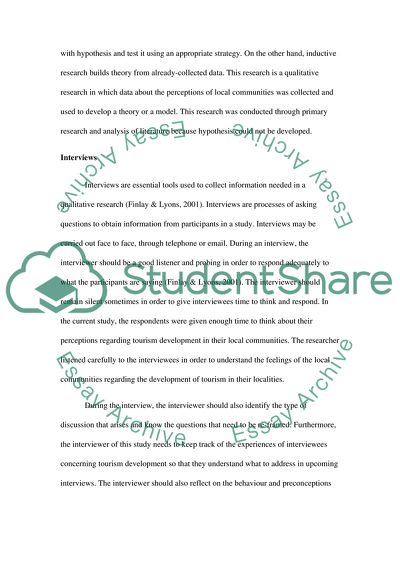Cite this document
(The Idea of Developing Tourism Through a National Park Research Proposal Example | Topics and Well Written Essays - 1500 words, n.d.)
The Idea of Developing Tourism Through a National Park Research Proposal Example | Topics and Well Written Essays - 1500 words. https://studentshare.org/tourism/1866006-chapter-methodology
The Idea of Developing Tourism Through a National Park Research Proposal Example | Topics and Well Written Essays - 1500 words. https://studentshare.org/tourism/1866006-chapter-methodology
(The Idea of Developing Tourism Through a National Park Research Proposal Example | Topics and Well Written Essays - 1500 Words)
The Idea of Developing Tourism Through a National Park Research Proposal Example | Topics and Well Written Essays - 1500 Words. https://studentshare.org/tourism/1866006-chapter-methodology.
The Idea of Developing Tourism Through a National Park Research Proposal Example | Topics and Well Written Essays - 1500 Words. https://studentshare.org/tourism/1866006-chapter-methodology.
“The Idea of Developing Tourism Through a National Park Research Proposal Example | Topics and Well Written Essays - 1500 Words”. https://studentshare.org/tourism/1866006-chapter-methodology.


